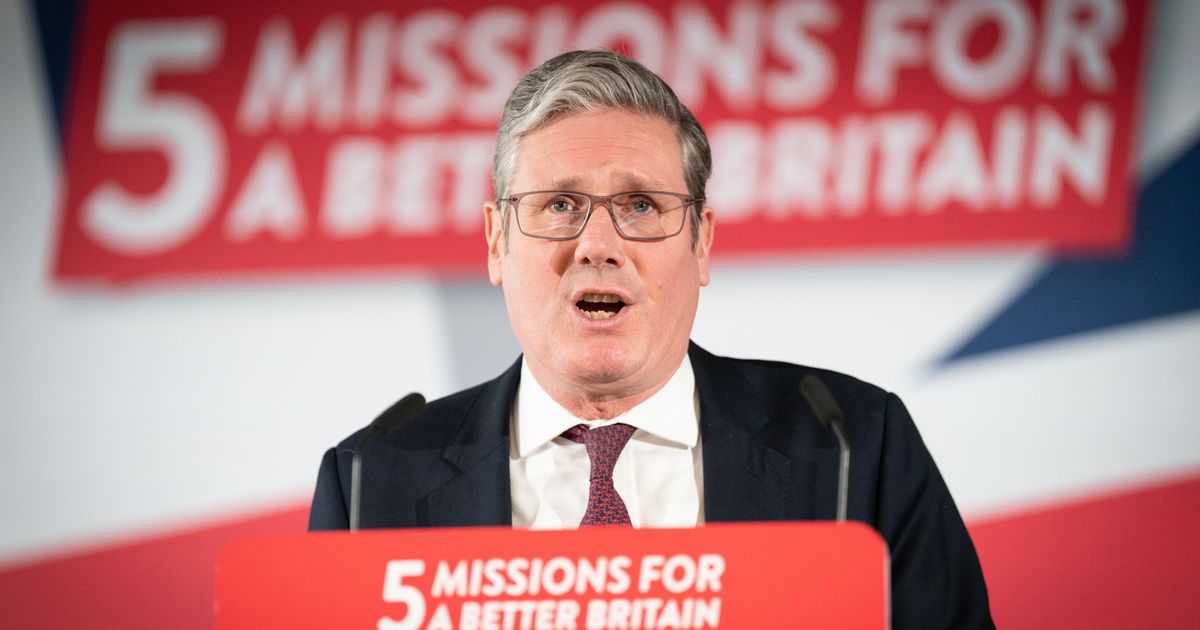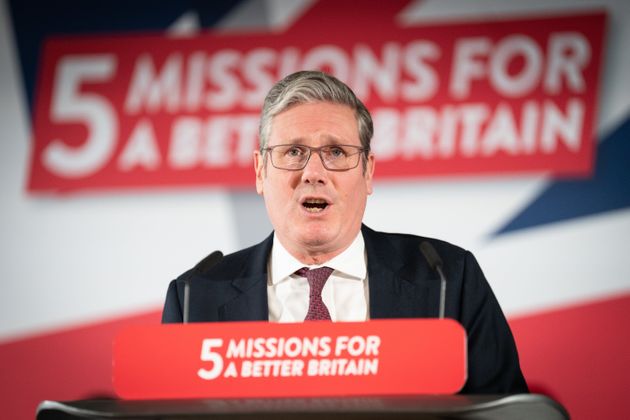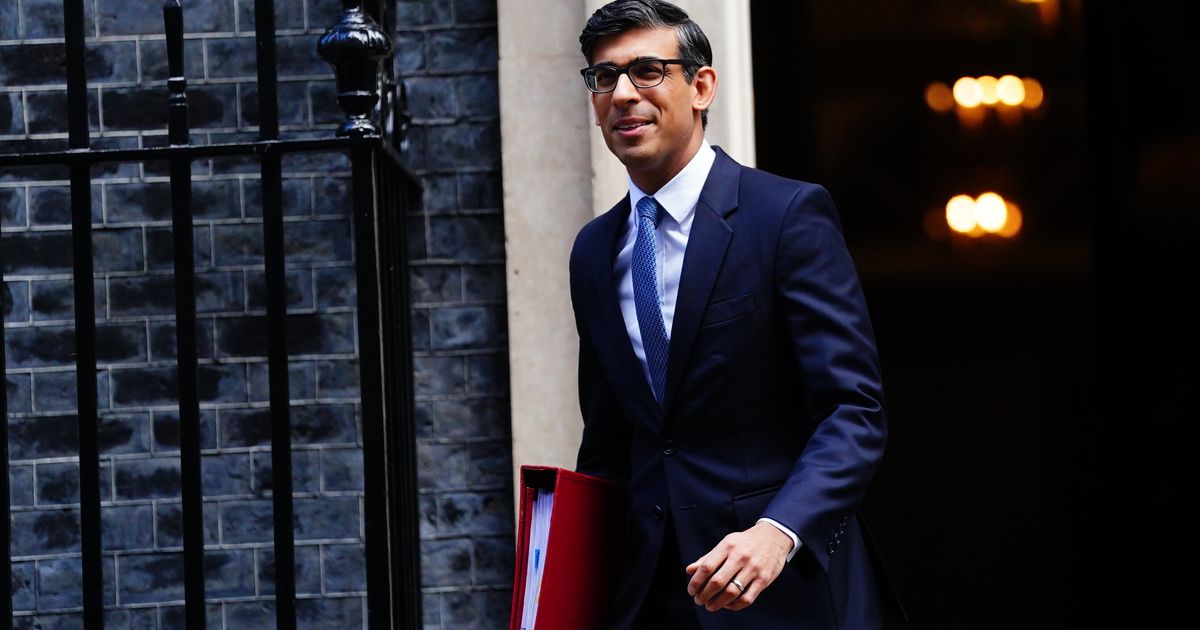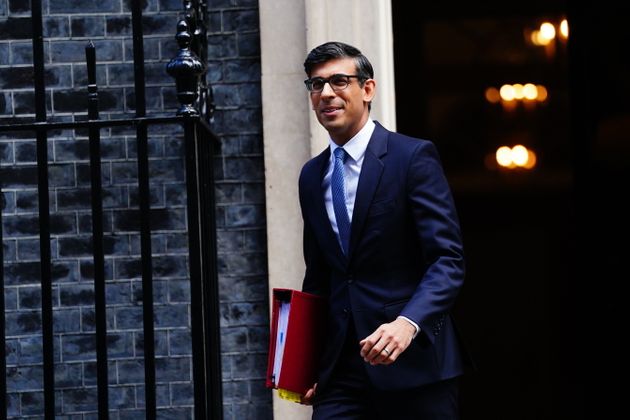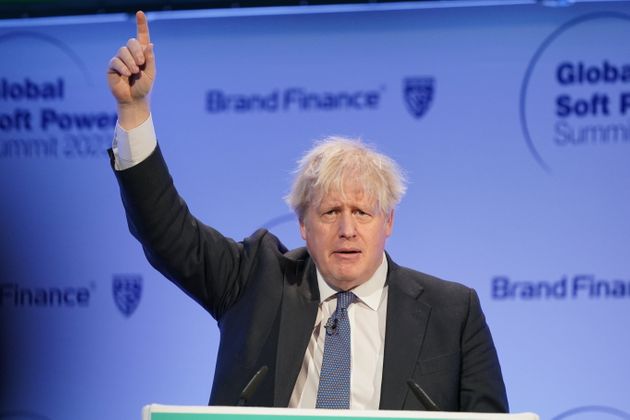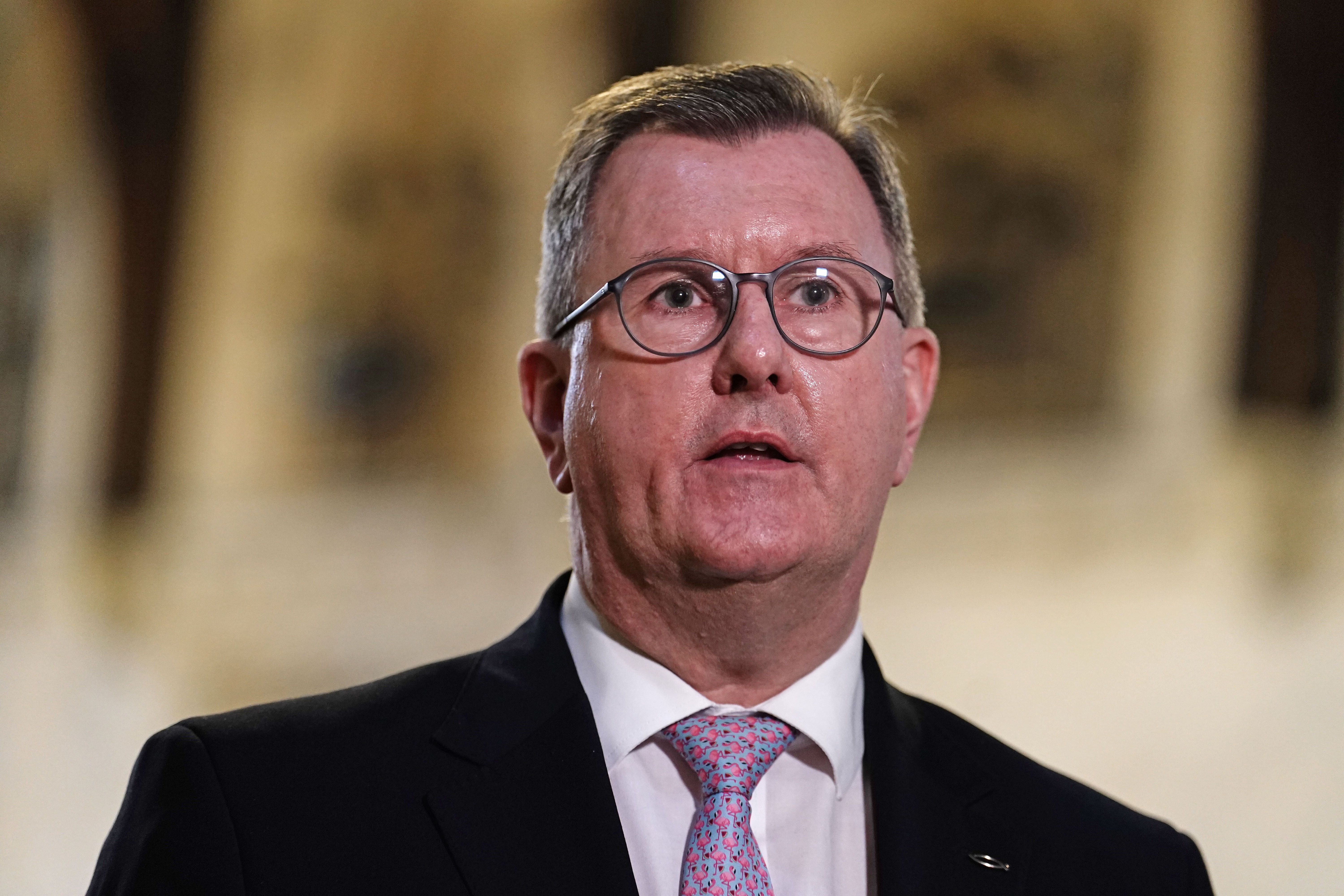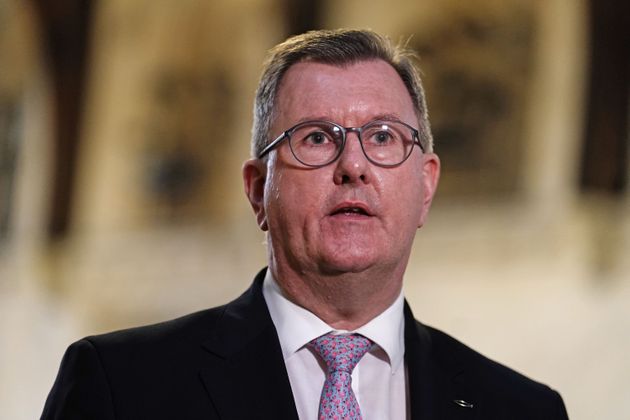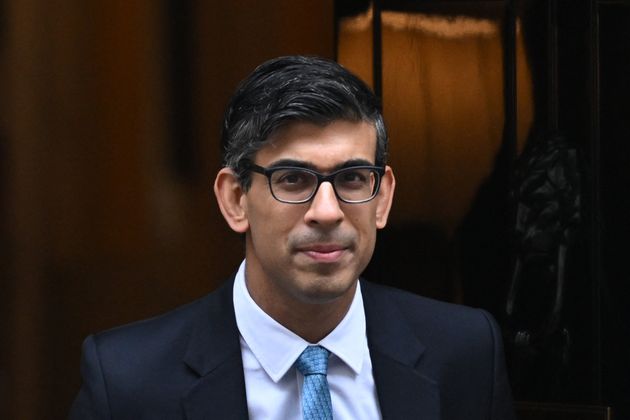As political barometers go, it was pretty stark.
Asked if they believed Boris Johnson told the truth when he appeared before MPs this week, not a single member of the Question Time audience put their hand up.
Even more worryingly for the former prime minister, the programme was being broadcast from Newcastle-under-Lyme, part of the famous Red Wall of seats where he is still said to be popular with voters.
Advertisement
It was a fitting denouement to a miserable week for a man who was still in Downing Street less than a year ago.
Johnson suffered two major blows to his hopes of a political comeback within a few hours on Wednesday afternoon.
His irascible performance in front of parliament’s privileges committee, which is investigating claims he misled the Commons over partygate, left few in any doubt that he will be found guilty.
Should the committee decide to impose a suspension of more than 10 days, and parliament votes for it, he could face a by-election in his Uxbridge seat.
Advertisement
On the same day, Johnson’s hopes of leading a wide-scale Tory revolt against his arch-nemesis Rishi Sunak’s Brexit deal ended in failure when only 21 of his colleagues followed him into the No lobby.
Meanwhile, while all this was going on, Rishi Sunak enjoyed a game of cricket in the Downing Street garden with England’s T20 world cup-winning team.

Simon Walker/10 Downing Street
As he surveys the political scene this weekend, Johnson will surely be contemplating the very real possibility that his ambition of a triumphant return to No.10 will be unfulfilled.
Many experienced observers of Westminster believe that the game is up for the former PM.
One senior Tory told HuffPost UK: “He’s just like that drunk uncle at the wedding who is there at the reception but you don’t really know why.”
Advertisement
Others believe that even Johnson’s media cheerleaders have decided to move on and throw their weight behind Sunak as the next election draws nearer.
“I thought it was very telling there was a front page of the Telegraph was very negative about him after his committee appearance,” said one former cabinet member. “I think that’s a weathervane.
“I think it’s a cocktail of the partygate stuff and the Brexit vote. It could have gone the other way – he could have had a major triumph in the committee and there could have been a big rebellion, but in the end it was just the usual suspects who voted with him.
“A line has been drawn and people just want to move on.”
One Tory MP told HuffPost UK: “His defence at the committee was basically ‘I’m an idiot’. Some people might accept that, but I think it just reaffirmed that him coming back is just not a realistic possibility.
“Even if Rishi falls under a bus, literally or politically, it’s not going to Boris who steps in to the breach. A significant enough number of MPs just wouldn’t wear it. Most of them realise he’s not an asset to them any more.”
Advertisement
Tory peer and election guru Lord Hayward told Sky News: “His support is diminishing and his impact on the party is diminishing the longer Rishi Sunak is prime minister.”
Former minister Caroline Nokes was even more forthright, declaring that Johnson is “finished”.
“I think there was a very clear message from his own ministers back in the summer that they didn’t want him to carry on,” she told ITV’s Peston show.
“He didn’t choose to stand against Rishi Sunak back in the autumn when we had the second leadership challenge.
“As far as I’m concerned, Boris Johnson is not coming back as prime minister.”
Johnson still does have his hardcore supporters who will defend him to the bitter end.
Jacob Rees-Mogg told Channel 4 News “he’s winning in the court of public opinion”, while Nadine Dorries said the privileges committee is “a kangaroo court” determined to find him guilty regardless of the evidence.
One Johnson ally said that if the partygate inquiry had been properly dealt with a year ago, he would probably still be PM.
Advertisement
“It would have helped restore perspective and pedestrianise what was portrayed as sinister and dramatic at the time,” they told HuffPost UK.
“The world now knows that police looked at the legality and found the PM and Rishi at fault for one event that the public would totally understand.
“People were working hard in No.10 and were there for long and endless hours – they weren’t heading in for a party. And the bad stuff unveiled by the Sue Gray report was a shock to Boris as much as anyone.
“We all lost the plot getting obsessed with partygate when we should have been looking at things like the anaemic economic growth, high inflation, the delays to HS2 and the fact that corporation tax is too high.”
However, the ally did agree with Johnson’s detractors that there is no chance of him returning to Downing Street.
Advertisement
They said: “There is no vacancy. Period.”




